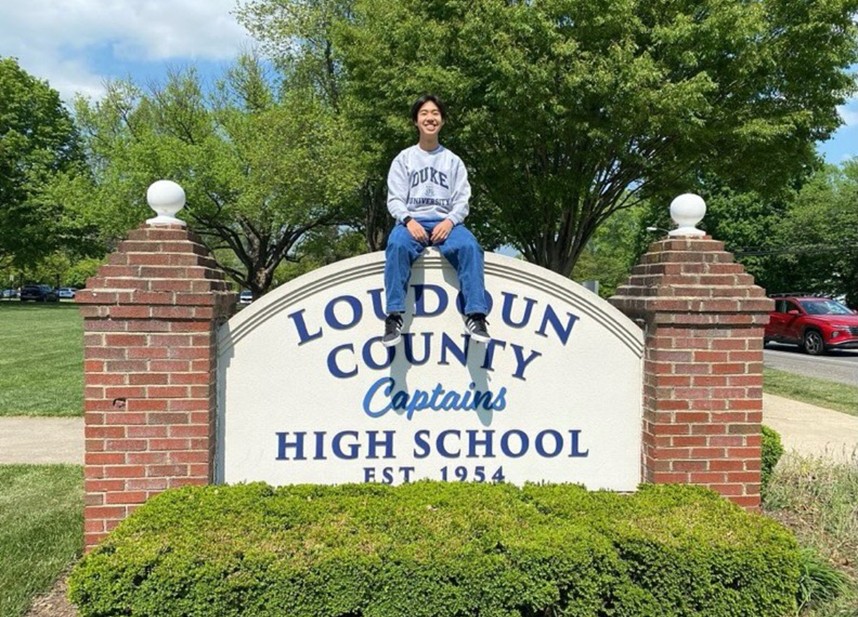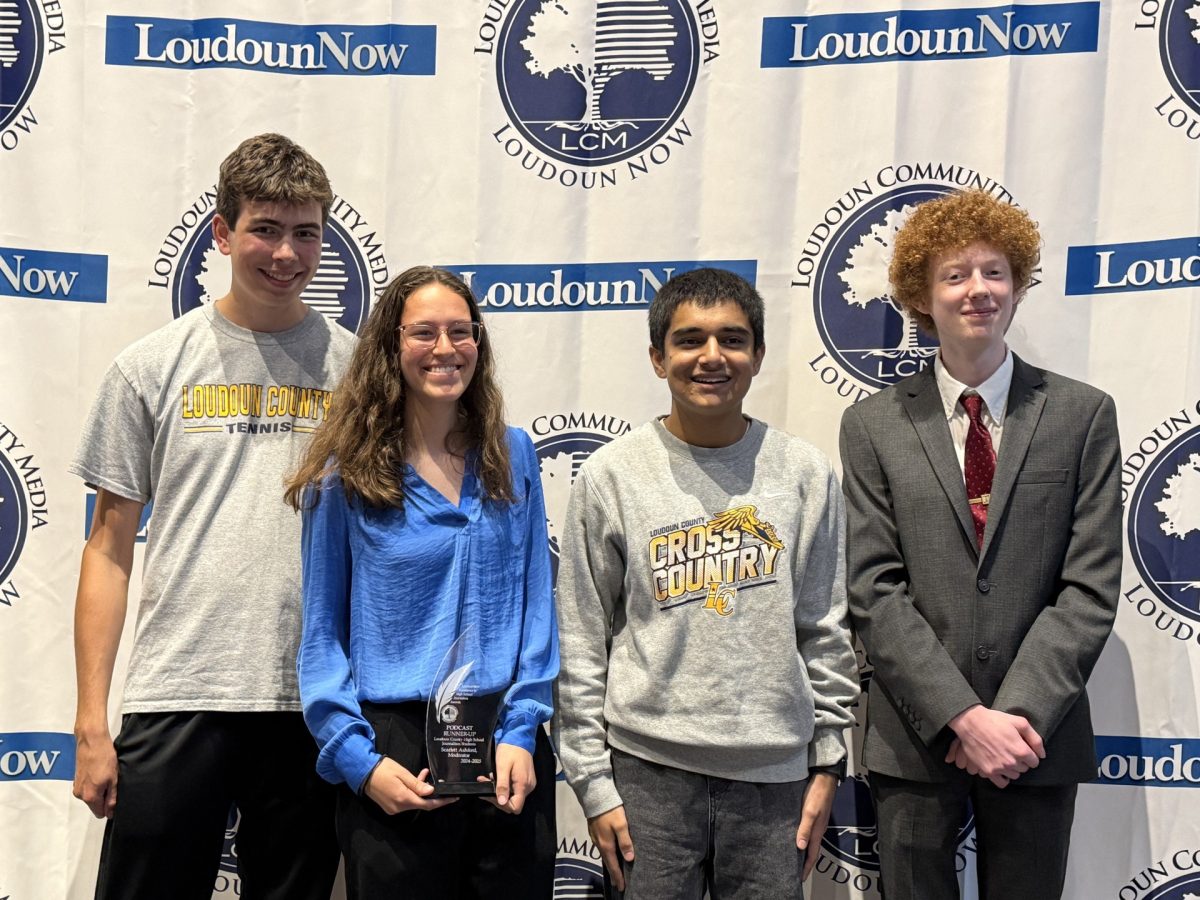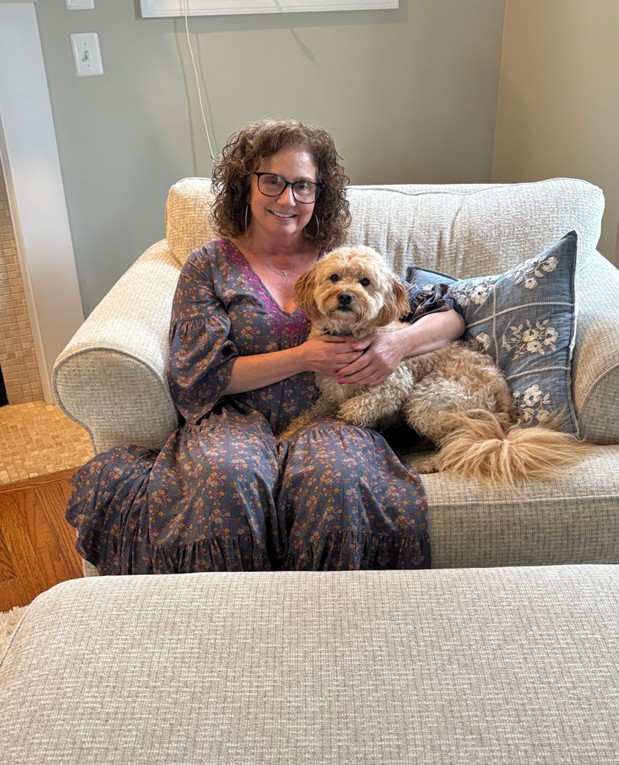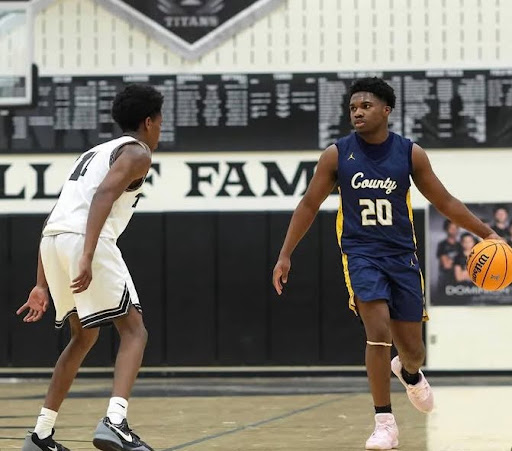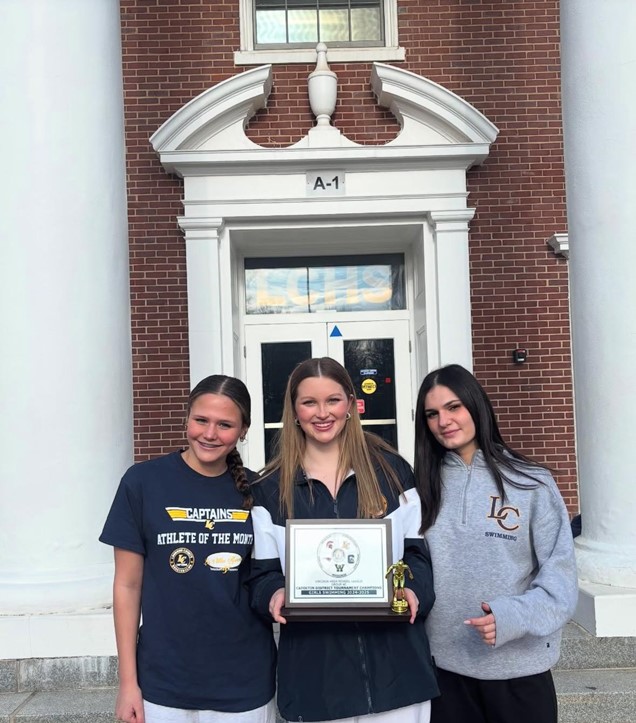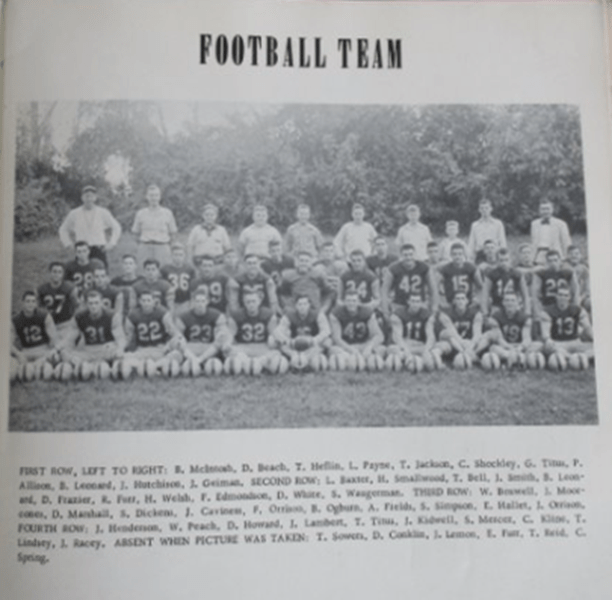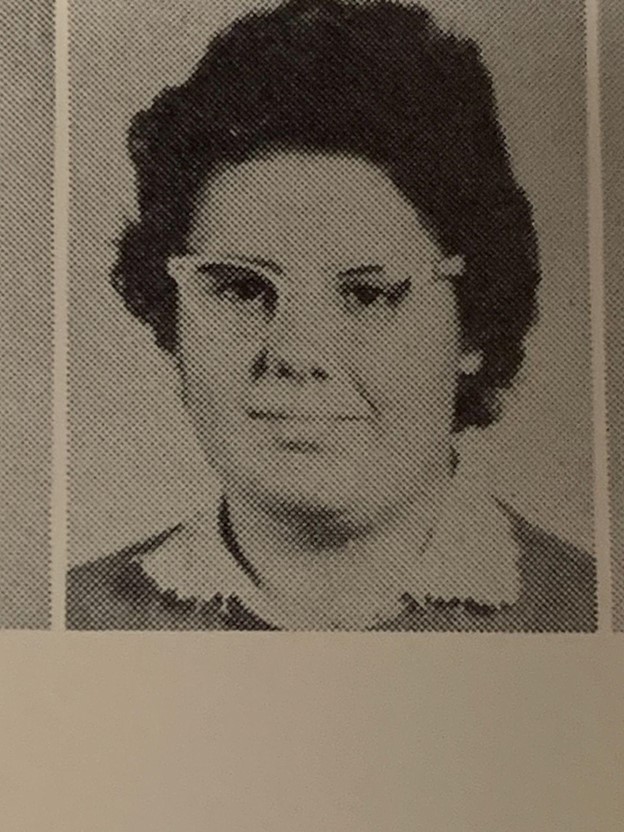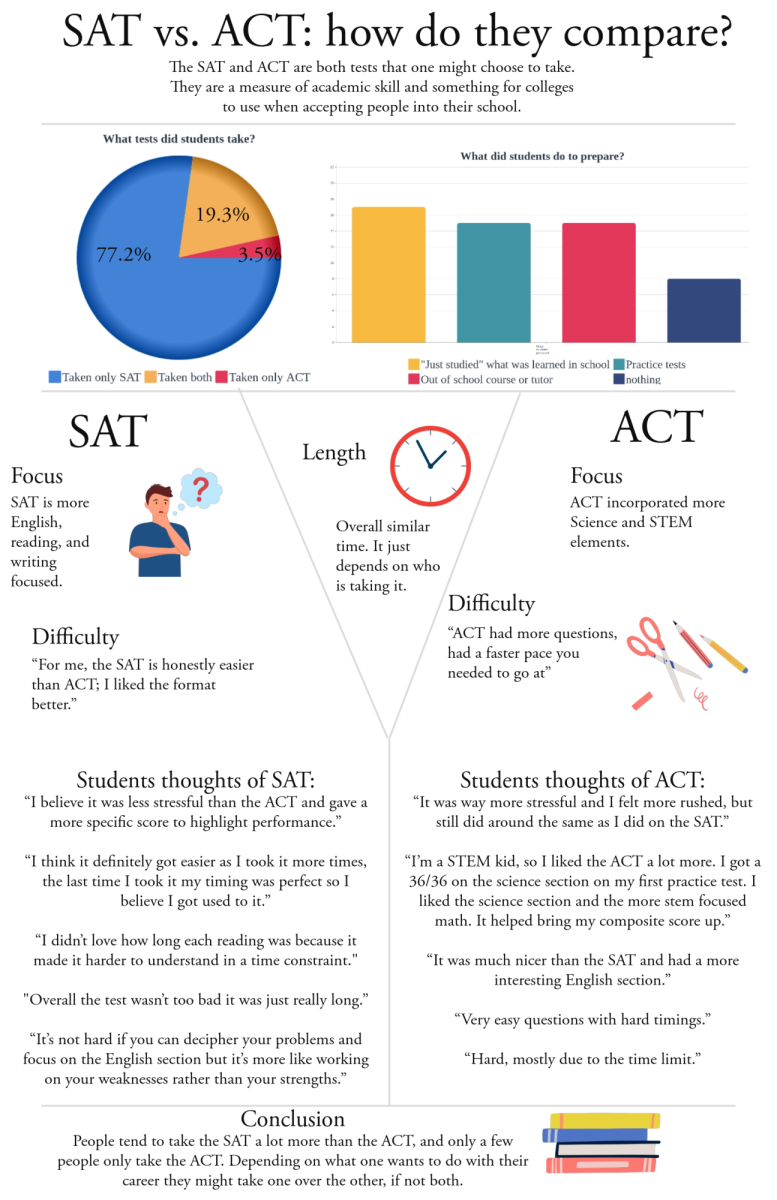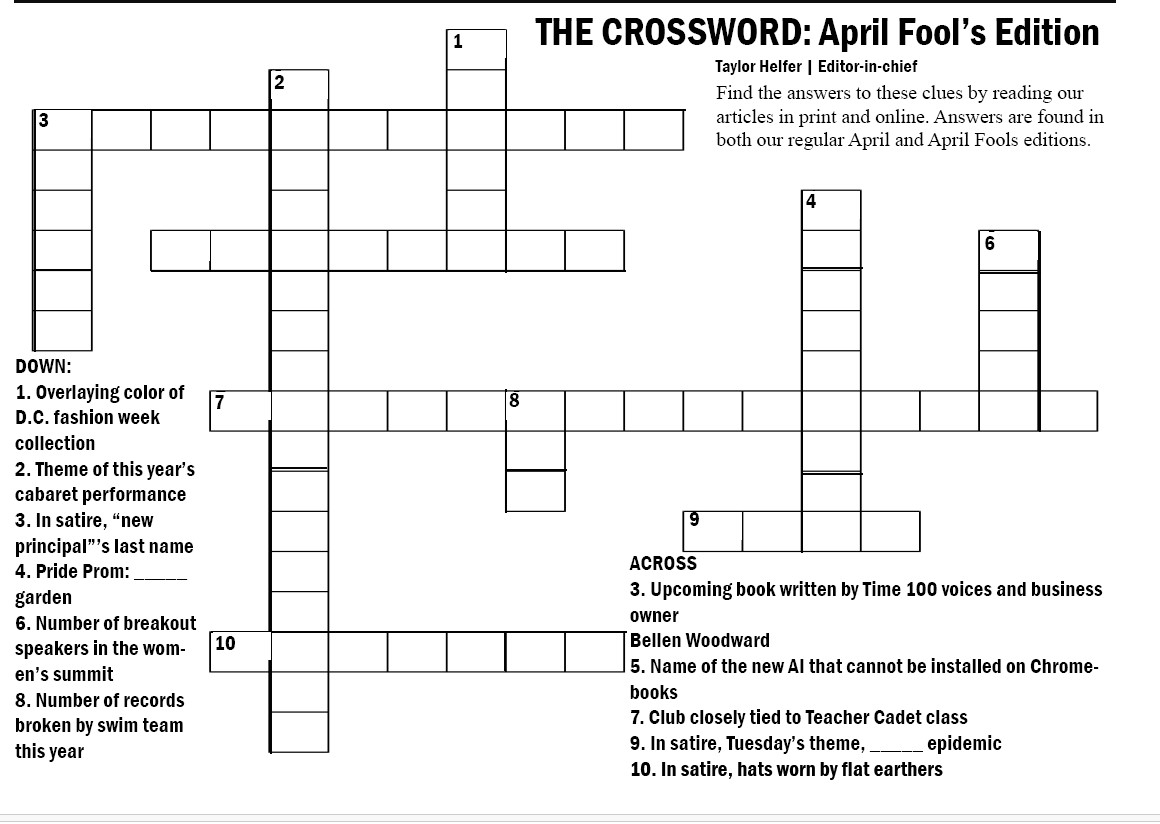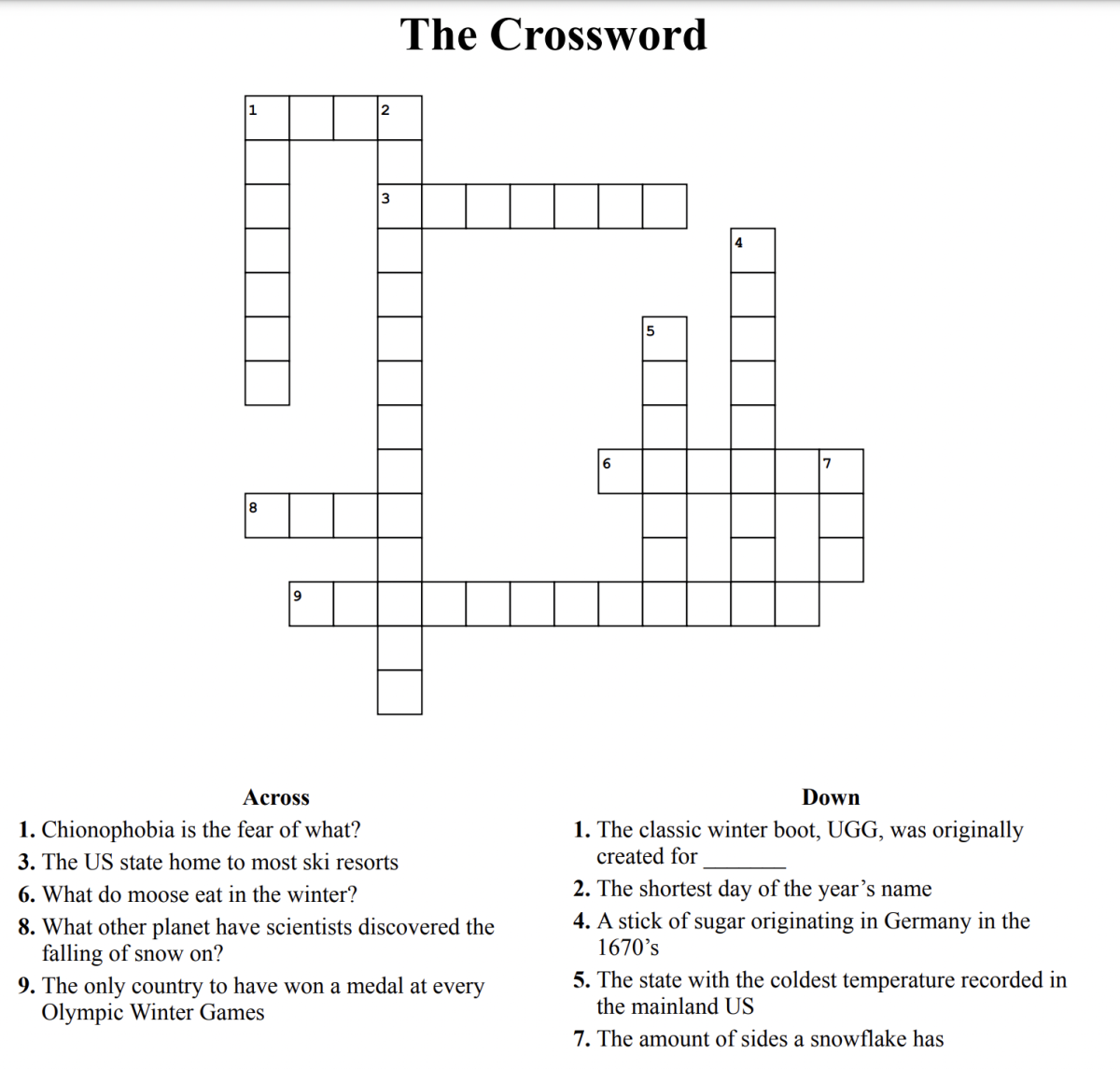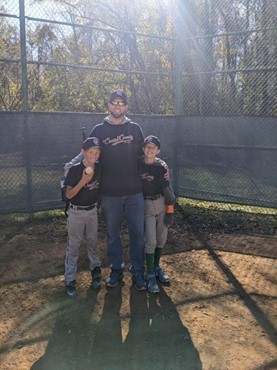With trepidation, I make my way over to the small group of forming people. Although I am greeted with smiles, anxiety still seizes my limbs. After being directed to take a seat, I find myself next to the warm presence of another teenage girl, and the atmosphere of our comfortable small talk begins to translate over into the conversation with the rest of the group. Parents, teachers and students turn around the table to share their personal opinions about “The Anxious Generation” by Jonathan Haidt, and experiences in relation to the topics discussed in the book. The environment is safe and welcoming, and I soon find myself eagerly sharing my own stories and asking others questions about their own.
“The Anxious Generation” by Jonathan Haidt lays out the reasoning and evidence behind Haidt’s claim that cell phones are the main cause for the mental health epidemic of Generation Z. It also poses solutions within school, businesses, and communities.
The main claim of the book is that between the years 2010-2015, childhood became based around phones rather than free play, human to human connection has decreased, and general quality of life has decreased as well.
During this book club meeting, the main topic was free and risky play for children, the consequences of limiting that play, and any reservations parents felt towards free play. Free play is, as defined by Peter Gray, developmental psychologist at Boston College “activity that is freely chosen and directed by the participants and undertaken for its own sake, not consciously pursued to achieve ends that are distinct from the activity itself.” Many of the adults shared their experiences of freedom as a kid, such as finding abandoned buildings, or simply spending the entirety of a summer’s day playing outside with friends. In comparison, the students expressed their feelings of loneliness and isolation as children. No one was outside, everyone instead appeared to be consumed by technology.
Not only are adolescents experiencing less free play, there in today’s modern society, there are also consequences for allowing your child this play. One of the topics mentioned in the book is the increased level of overprotection by parents. One of the adults at the meeting recounted her friend having Child protective Services (CPS) called on them for simply allowing their child to be at the end of their property. Parents are now being arrested, or are afraid of being questioned, for behaviors that were commonplace 30 years ago.
The issue brought up during the meeting that I personally related to the most was the intense pressure and expectation that kids currently face. Pressure about college feels as if it’s beginning at a younger and younger age. The first time I filled out a career plan was in sixth grade, and all I remembered was feeling lost and confused because none of the careers that were supposed to appealed to me. Now that I am older and still have no clue what path lies in store for me, I have to seriously question any person who thinks that a sixth grader would know what they wanted to do with their life. The expectation to have our life figured out before high school ends is ever constant, and I often find myself burnt out and lonely, because the monotonous amount of work has not stopped since seventh grade.
Despite these frustrations, being able to share them, be heard, and in turn hear others, was a wonderful experience, and I would encourage anyone interested in discussing technology, mental health, or Generation Z, to attend. You will surely be immersed in a safe atmosphere and surrounded by genuine smiles. The upcoming meeting is on November 12 from five to six PM in the library. For more information, refer to librarian Camille Bales. All are welcome to attend.


